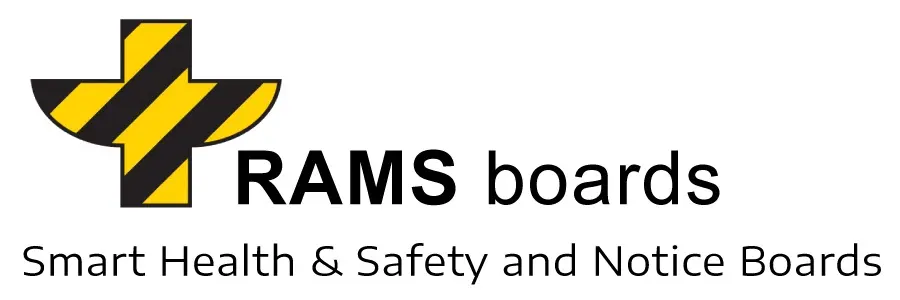9 instant workplace safety improvements: tips for immediate results
The key to a workplace safety lies in simple, immediate actions that make a real difference. Often, it isn’t about a massive, expensive overhaul. As a H&S manager if you want instant improvements, here are nine live experience tips, straight from the front lines:
1. Do a “Stop and Spot” walkaround (Right Now!): Seriously, put down your cuppa, get up, and walk the floor. But don’t just wander. Actively look for the small stuff: slips and trips, trailing cables, blocked fire exits, cluttered walkways, items precariously stacked. These are your quick wins. Fix them on the spot or get someone on it immediately. This visible action sets a new standard.
2. “Ask Me Anything” safety huddle (Tomorrow Morning): First thing, gather your team for a quick, informal 10-minute huddle. No lectures. Just ask: “What’s the one thing that worries you about your safety today?” or “What’s the silliest hazard you’ve seen that we haven’t fixed?” You’ll get invaluable, ground-level insights. Act on at least one thing they raise, visibly, that same day.
3. “Near Miss of the Week” board (Launch This Week): Get a whiteboard. Encourage people to anonymously (if they prefer) jot down any near misses. These are gold dust – free lessons before someone gets hurt. Acknowledge every entry, and publicly state what’s being done to prevent it from becoming an incident. Make it a positive, learning-focused initiative, not a blame game.
4. Toolbox Talk – back to basics (Choose One for This Week): Pick one very specific, common task or piece of equipment. Do a super-focused 5-minute toolbox talk on its safe use. Don’t try to cover everything. Just one thing, done well. Maybe it’s ladder safety, correct manual handling for a specific item, or using a particular guard on a machine. Keep it practical and to the point.
5. Instant “Good Spot” recognition (Start Today): If you see someone doing something right – correcting a hazard, using PPE correctly without being prompted, helping a colleague work safely – acknowledge it there and then. A simple “Thanks, John, good spot on that trailing lead” goes a long way. Positive reinforcement is powerful.
6. Check your First Aid Kit & Defib (Today): When was the last time someone actually checked they’re fully stocked, items are in date, and the defibrillator (if you have one) is showing a green light? Don’t assume. Go and check. Restock what’s missing immediately. This is a basic that’s often overlooked.
7. Visual check your notice boards (Once a Week): Make it a weekly task to quickly scan all your safety notice boards. Is the information current? Is the legally required stuff (like the H&S law poster, insurance certificate) displayed and legible? Remove outdated RAMS or permits. A cluttered or out-of-date board gets ignored. A clean, current one gets read.
8. “Safety swap” (Arrange for Next Week, Announce This Week): Get someone from one department to do a quick walkaround in another department with a fresh pair of eyes, specifically looking for hazards. The office admin might spot something in the workshop that the workshop guys have become blind to, and vice-versa. It fosters cross-departmental awareness.
9. Clear the clutter, boost the safety (Five-Minute Tidy, End of Each Day): Implement a “five-minute tidy” before everyone clocks off. Focus on individual workspaces and immediate common areas. It’s amazing how quickly a clear space reduces trips, slips, and even improves fire safety. Make it a non-negotiable habit.
Sharing helpful advice feels good, honestly. After decades in health and safety, you learn it’s not about big things. It’s about small, steady actions building strong safety habits. Seeing people use simple tips is great. Watching them improve their awareness is very rewarding.
For a manager, quick wins show real leadership skills. These changes aren’t just for paperwork or checks. They prove you can make a clear difference. Management will notice these improvements quickly. Workers feel safer and more valued too. You become known as a helpful strategist. You boost morale with practical safety ideas.
Doing this helps the company succeed overall. It also improves your career path greatly. People see you deliver real, positive results. You encourage others to get involved actively. You empower people instead of just telling them what to do. A good reputation for strong safety work can help you grow. Being a helpful expert is inspiring and useful. Who wouldn’t be proud of that achievement?
